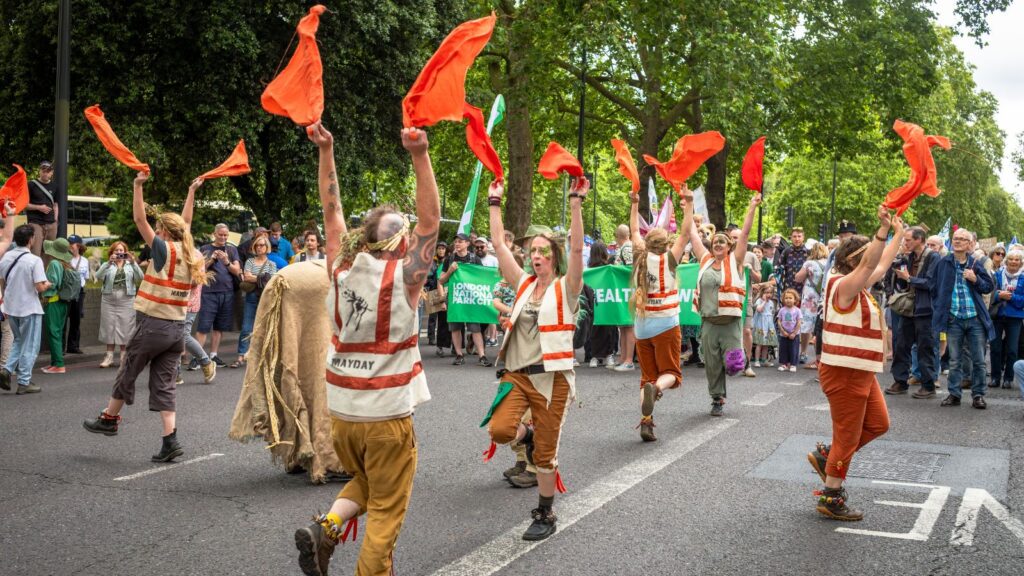It’s easy to forget the charming traditions that once defined British culture thanks to modern changes. These practices, rich in history and community spirit, brought people together and created a unique sense of identity. Join us as we take a nostalgic journey through 15 lost traditions that made Britain truly great.
Maypole Dancing
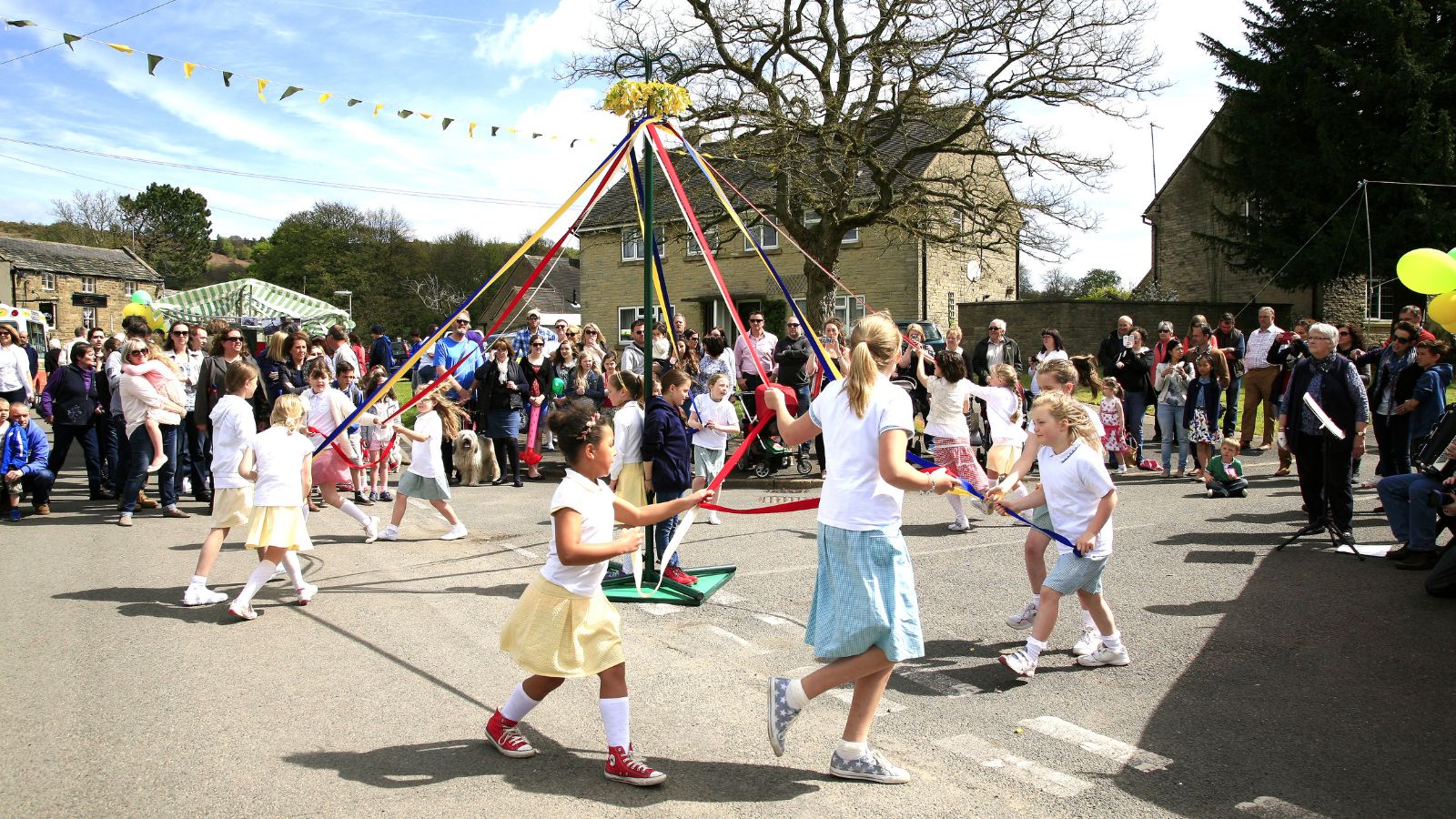
A vibrant and joyful tradition, Maypole Dancing was a highlight of the May Day celebrations, and “such dances are survivals of ancient dances around a living tree as part of spring rites to ensure fertility,” according to Britannica. Villages would erect a tall wooden pole decorated with flowers and ribbons, around which children and adults would dance.
Sunday Roasts with Family
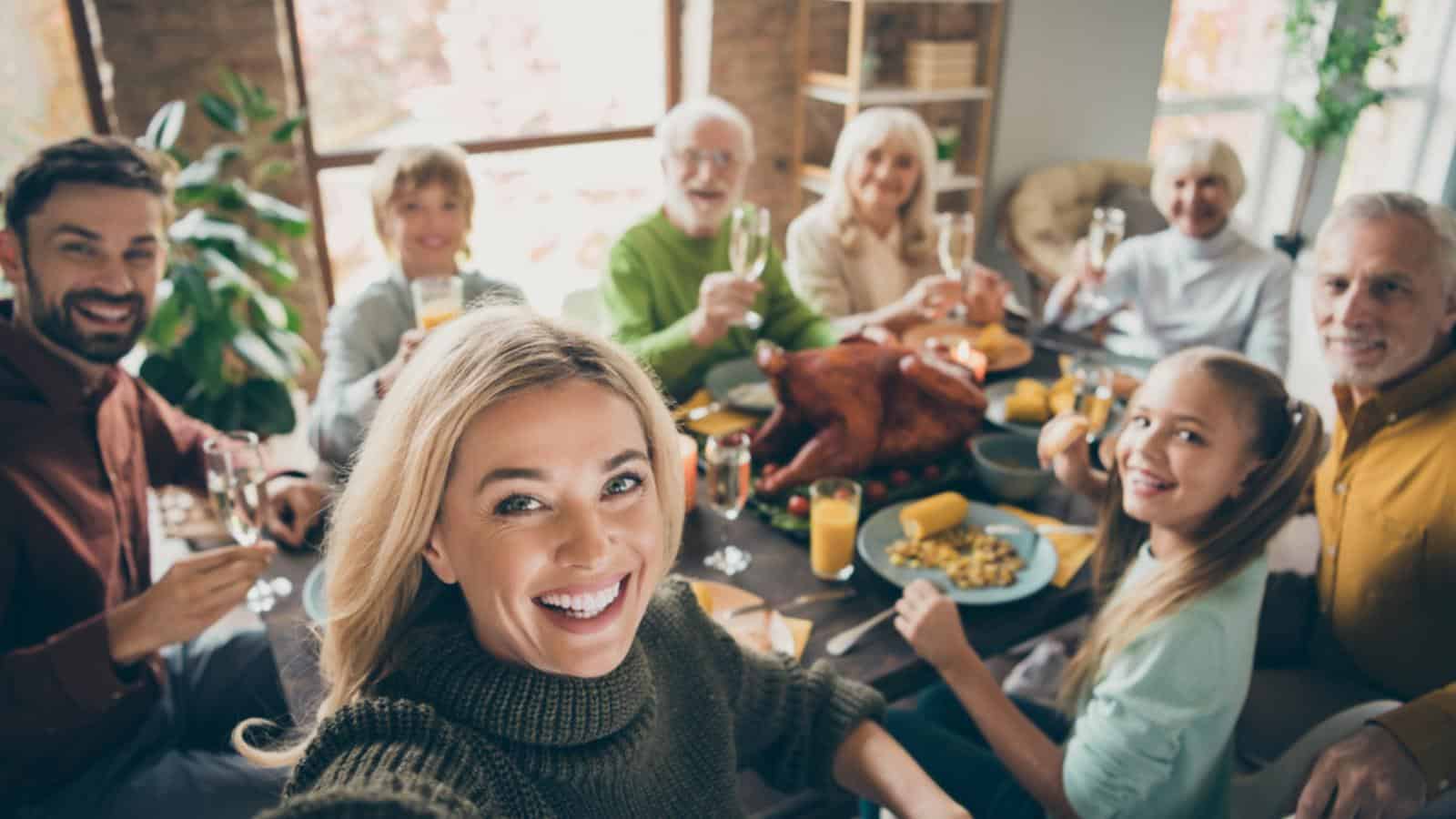
Sunday roasts were once a staple in every British household. Families would gather for a meal of roast meat, potatoes, vegetables, and Yorkshire puddings. This tradition wasn’t just about the food but the bonding time it provided. It was a chance for families to catch up on their week, share stories, and simply enjoy each other’s company.
Guy Fawkes Night Bonfires
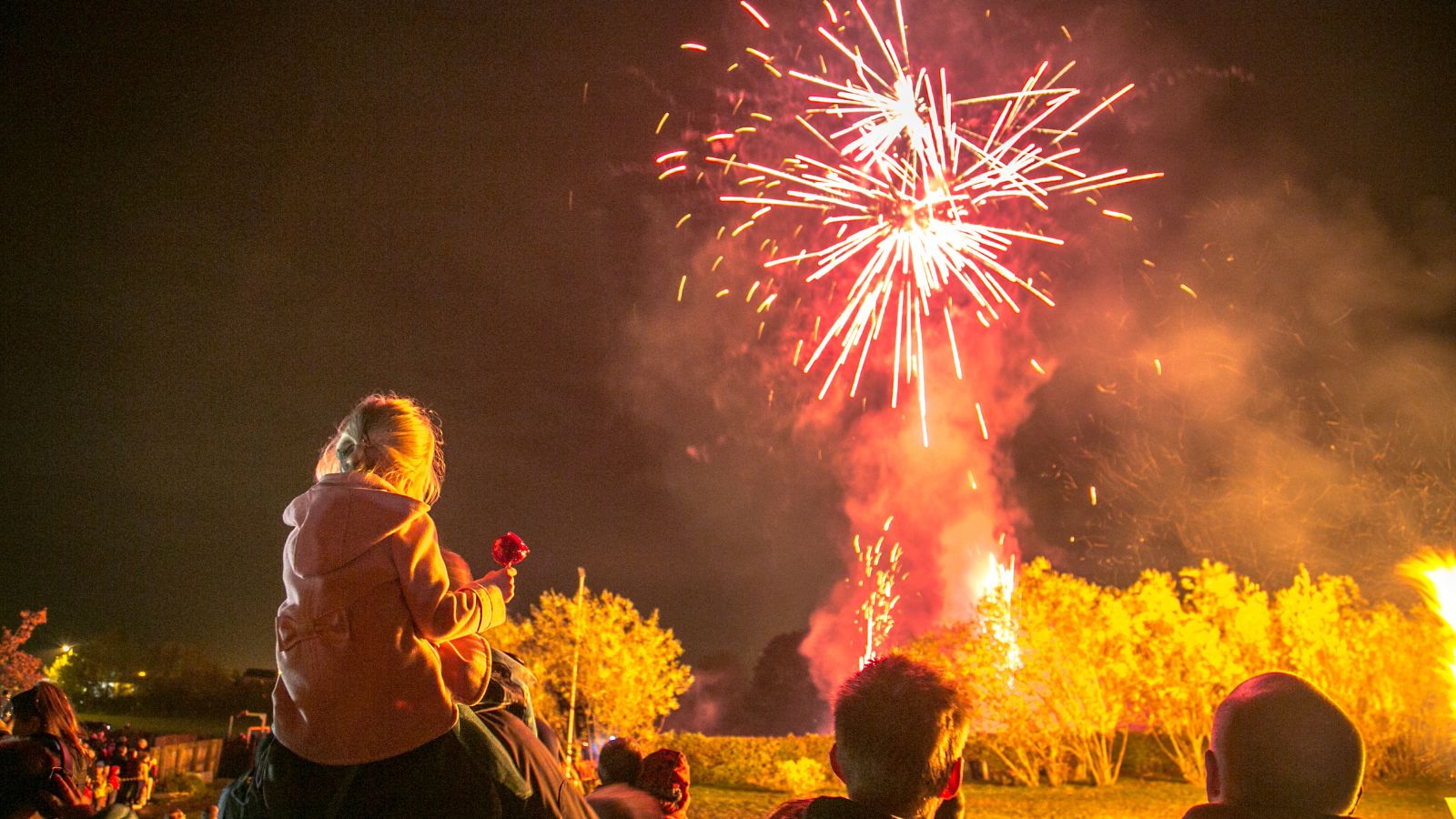
Once a major event, Guy Fawkes Night involved building large bonfires and setting off fireworks to commemorate the failed Gunpowder Plot of 1605. Communities would come together to burn effigies of Guy Fawkes, enjoy hot food and drinks, and marvel at the fireworks. While fireworks are still popular, the large community bonfires have become less common.
Morris Dancing
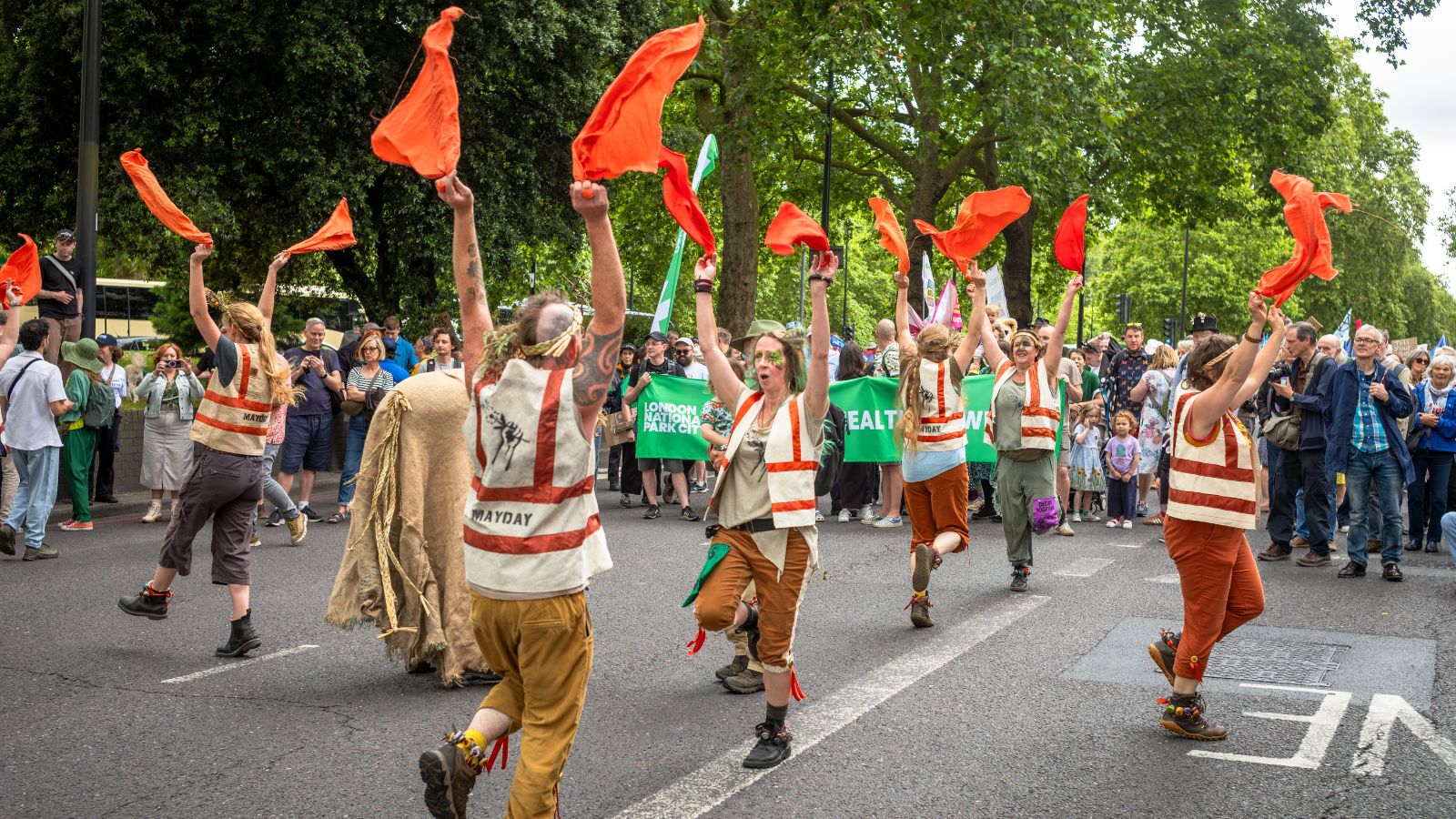
Morris dancing, with its lively music and colourful costumes, was a quintessentially British tradition. Teams of dancers, often with bells on their legs and handkerchiefs or sticks in their hands, would perform in public spaces, bringing cheer to festivals and gatherings. This folk dance, with roots going back to the Middle Ages, celebrated the changing seasons.
Milk Delivery
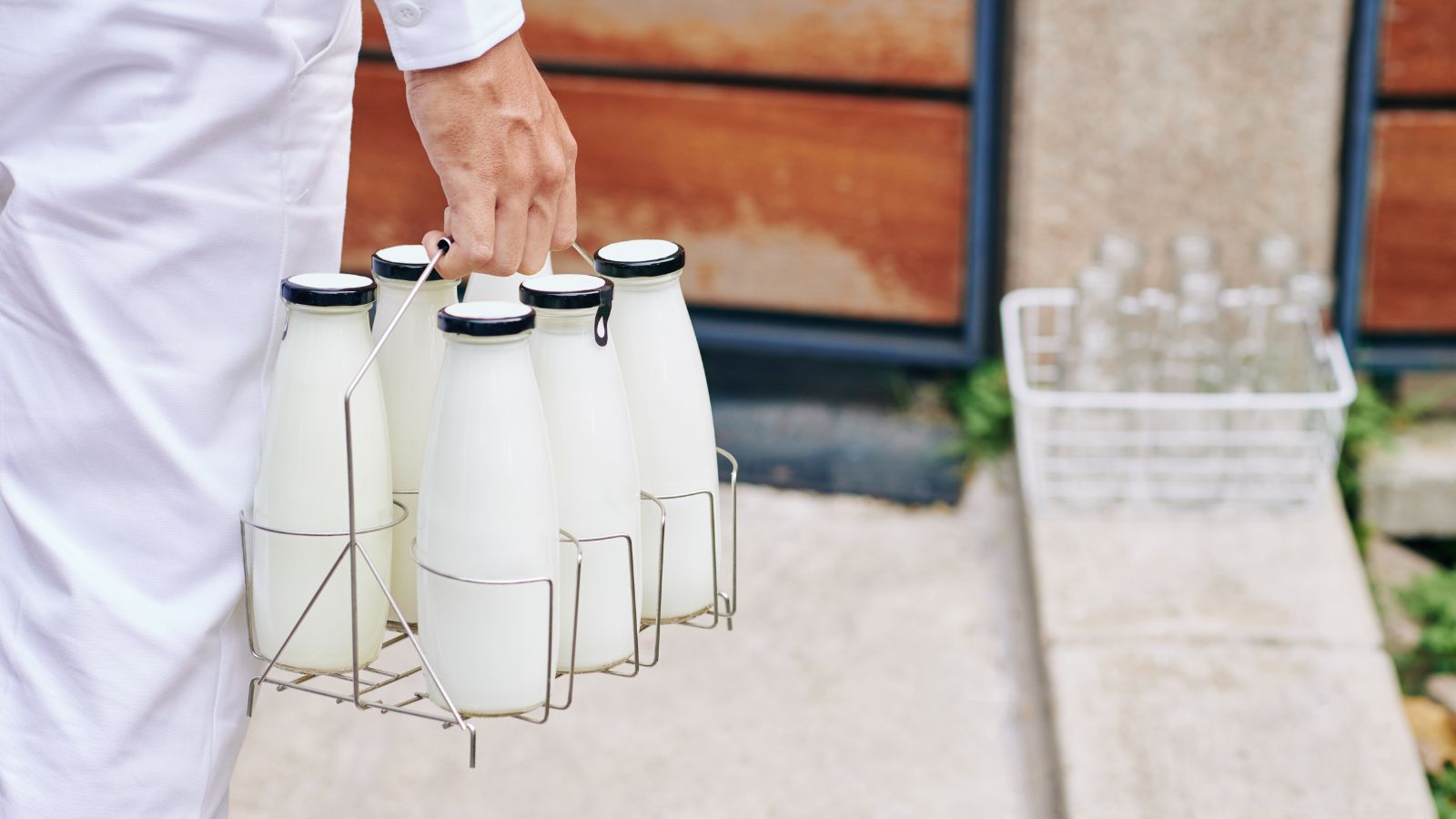
Remember the clinking sound of glass milk bottles being delivered to your doorstep in the early morning? Milkmen and their electric carts were once a familiar sight in British neighbourhoods. This daily service ensured fresh milk was always available, with the empties taken away to be reused.
Village Fêtes
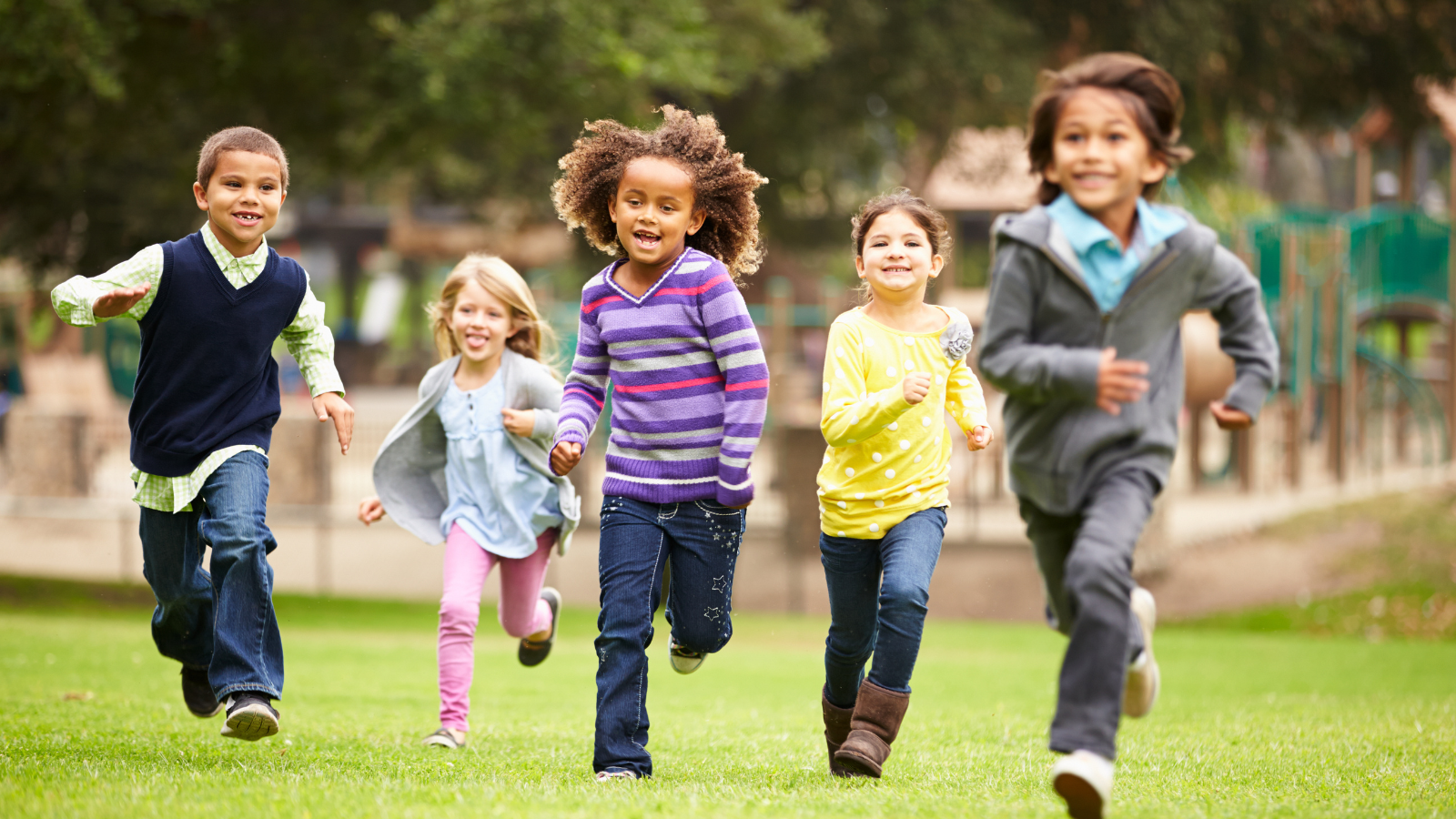
A staple of British summer, featuring games, stalls, raffles, and home-baked goods, Village fêtes brought the community together, supporting local causes and providing fun for all ages. From sack races to cake competitions, these events were a highlight of the season.
Harvest Festivals

Harvest festivals were once widely celebrated in schools and churches. They marked the end of the harvest season, and people brought in produce to give thanks and distribute to those in need. The celebrations included songs, prayers, and displays of fruits, vegetables, and bread.
Street Parties
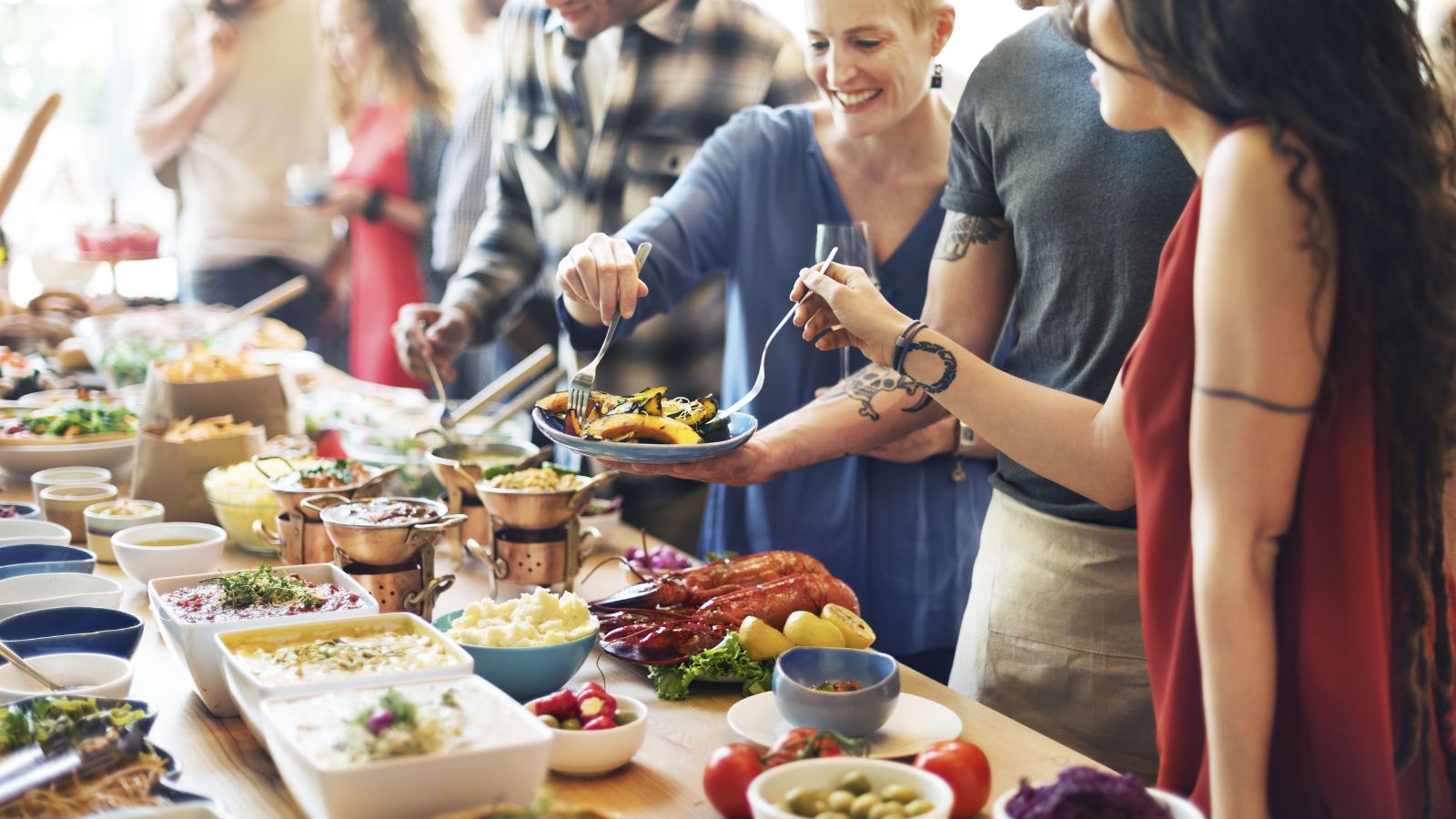
A way for neighbours to come together and celebrate national events, like royal jubilees and VE Day, street parties saw long tables filled with food and decorations that would stretch down the street. Everyone would join in the fun, regardless of age. Although still seen on rare occasions, the spontaneity and frequency of street parties have faded.
Traditional Pub Games

Pubs have always been at the heart of British social life, and traditional pub games like darts, dominoes, and skittles were a big part of that. These games encouraged friendly competition and camaraderie among patrons. Many pubs had their own leagues and tournaments, making the games an integral part of local culture.
Carol Singing
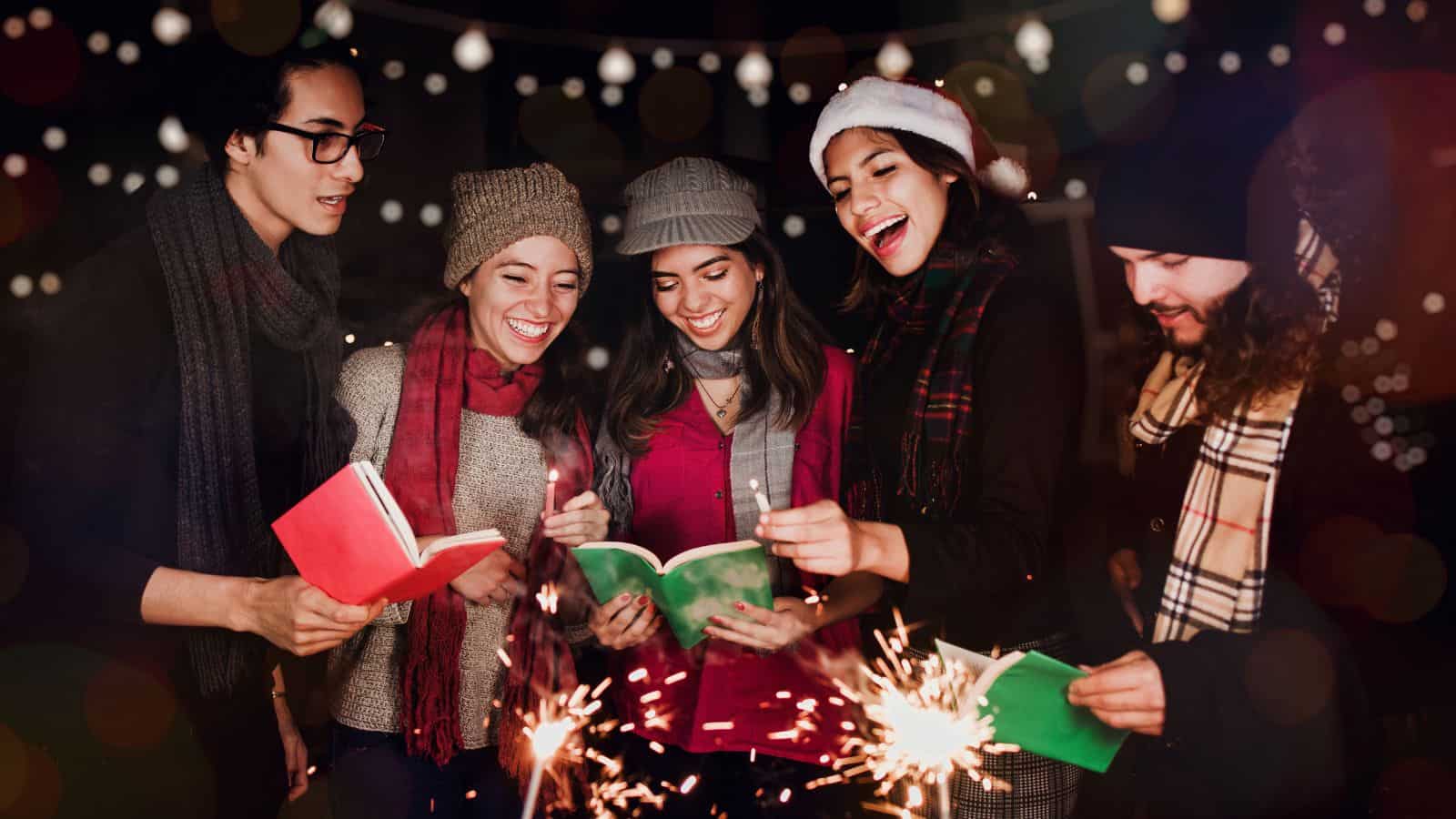
Carol singing was a cherished tradition during the Christmas season. Groups would go from house to house, singing festive songs and spreading holiday cheer. It was a way to connect with neighbours and celebrate the joy of Christmas together, and in return, singers often received treats or donations for charity.
Knocker-Uppers
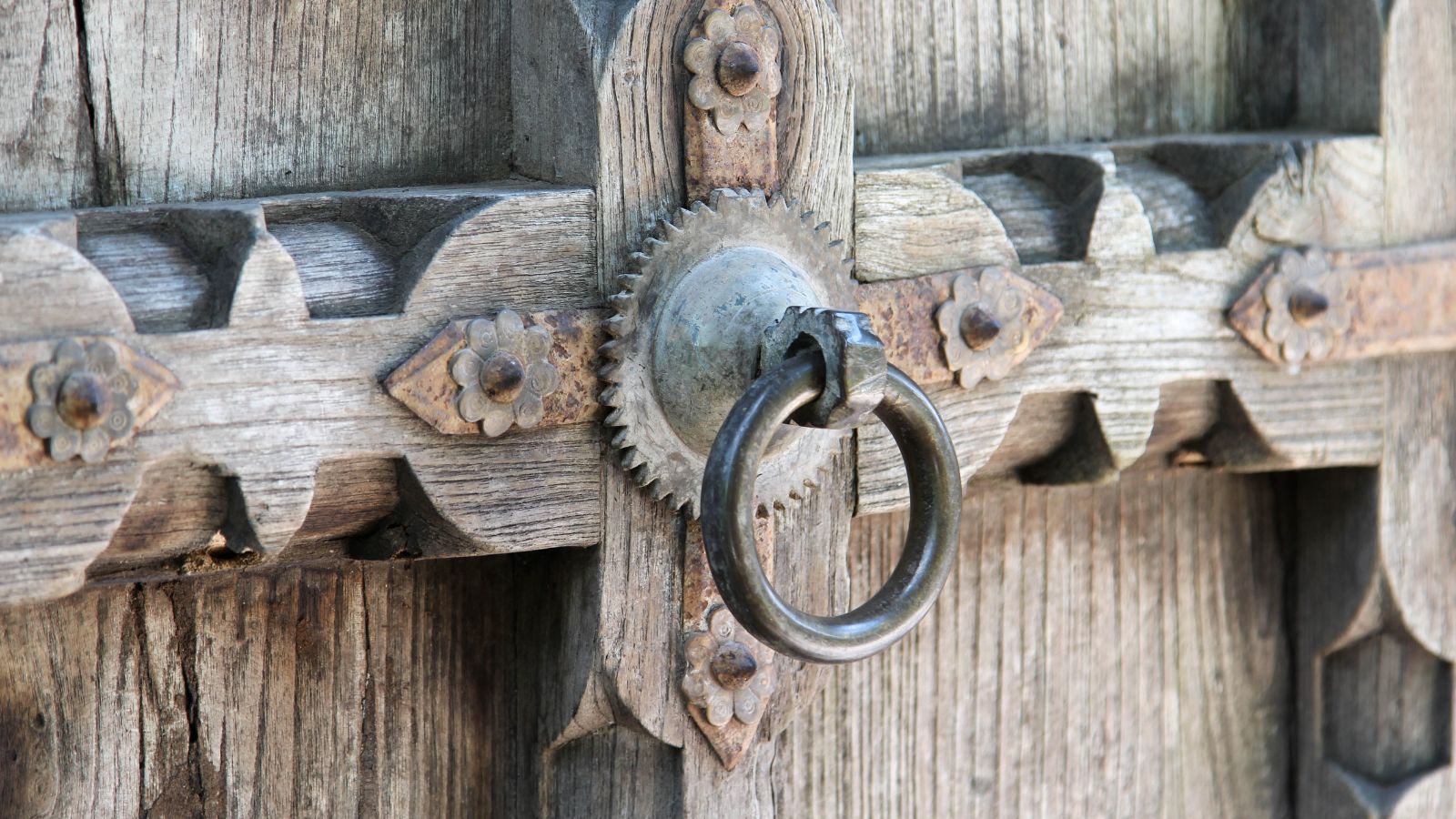
Before alarm clocks became ubiquitous, knocker-uppers were employed to wake people up for work. These early-morning callers used long sticks to tap on bedroom windows, ensuring workers weren’t late—a practical solution for the times and a curious job that has since become obsolete.
Penny Readings

Penny readings were affordable public entertainment events in the 19th century. People paid a penny to hear readings of literature, poetry, and music. These events were accessible to all social classes and provided a cultural education as well as a sense of community, particularly popular during the Victorian era.
Shrove Tuesday Football

Wild and chaotic games played in towns across Britain were known as Shrove Tuesday football matches or mob football. With few rules and entire villages participating, these matches were a thrilling spectacle and a way for communities to come together before Lent.
Cheese Rolling
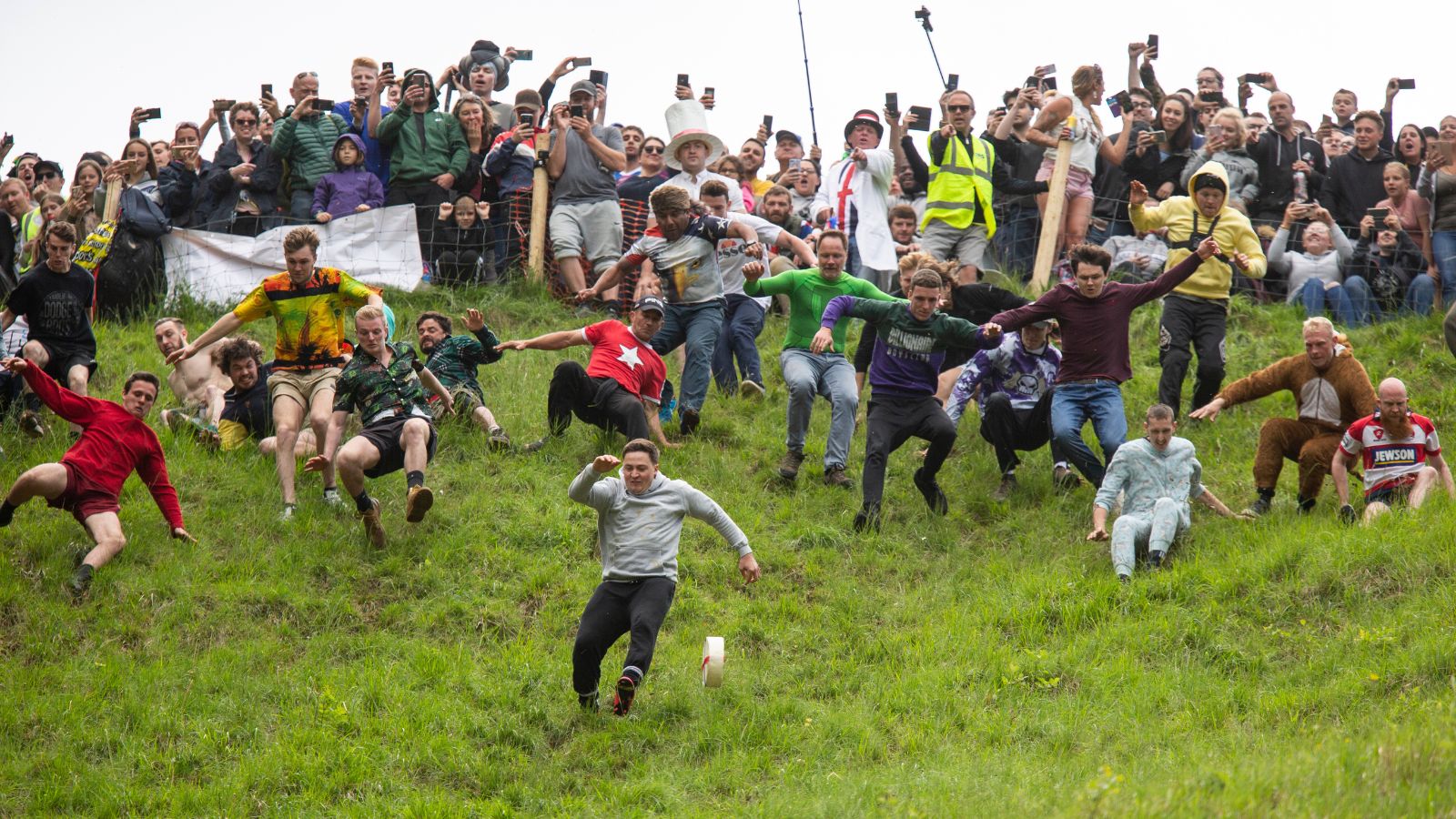
Cheese rolling is an eccentric and daring tradition that involves participants chasing a wheel of cheese down a steep hill. The first to catch the cheese or reach the bottom wins the prize. This event, particularly famous at Cooper’s Hill in Gloucestershire, drew crowds and contestants from far and wide, but health and safety concerns have reduced its frequency.
Boat Races and Regattas
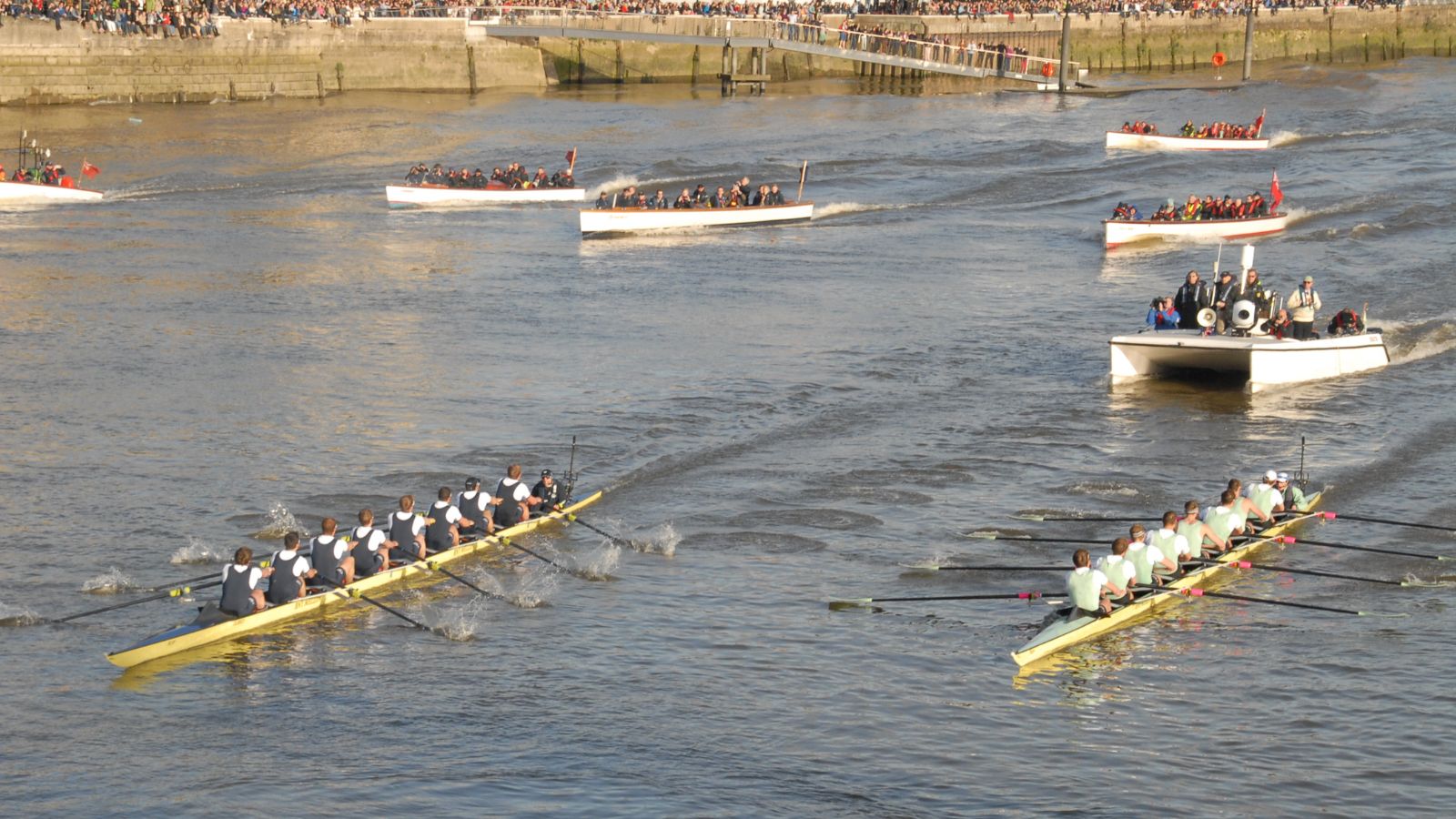
Lastly, local boat races and regattas were once common along Britain’s rivers and coastal towns. These events showcased rowing skills for a day of sport and socialising. Participants and spectators alike enjoyed the friendly competition and festive atmosphere.

